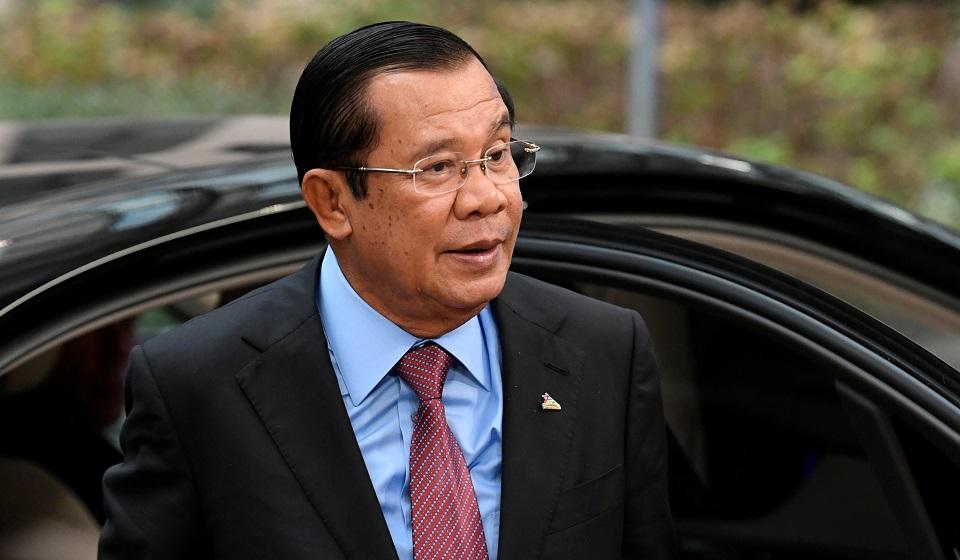Cambodia”s ex-leader Hun Sen wins Senate seat –election body
Published March 5, 2024 6:01pm PHNOM PENH — Cambodia’s election body confirmed on Tuesday that ex-ruler Hun Sen had won a Senate seat, marking his official return to frontline politics after he handed power to his son last year. Hun Sen stepped down in August after nearly four decades of ruling Cambodia with an iron […]


PHNOM PENH — Cambodia’s election body confirmed on Tuesday that ex-ruler Hun Sen had won a Senate seat, marking his official return to frontline politics after he handed power to his son last year.
Hun Sen stepped down in August after nearly four decades of ruling Cambodia with an iron fist, making way for Hun Manet following his landslide win in national polls held without any significant opposition parties.
At the time Hun Sen made clear he intended to wield influence even after leaving office.
His ruling Cambodian People’s Party (CPP) won 55 seats—including Hun Sen’s—out of 58 up for grabs in last month’s senate election, according to the National Election Committee (NEC).
The small opposition Khmer Will Party won three seats, the NEC said. The party said it would represent the voice of the people.
Meanwhile, the CPP has said it would nominate Hun Sen as the president of the Senate—allowing him to act as head of state when the king is overseas—when it is expected to convene in April.
Of the 62 seats in the Senate, 58 are voted on by 125 MPs and more than 11,000 local administrators, mostly members of Hun Sen’s party.
King Norodom Sihamoni appoints two senators, while the National Assembly appoints two others.
Last month lawmakers also approved Hun Sen’s youngest son Hun Many as a deputy prime minister.
The government now includes a number of Hun Sen’s relatives, with several children of his allies also holding top jobs.
CPP spokesman Sok Eysan rejected suggestions Hun Sen’s family was dominating the country.
“It is just a jealous idea,” he told AFP.
After coming to power in 1985, Hun Sen helped modernize a country devastated by civil war and genocide.
But critics say his rule has also been marked by environmental destruction, entrenched graft and the elimination of nearly all political rivals. — Agence France-Presse














